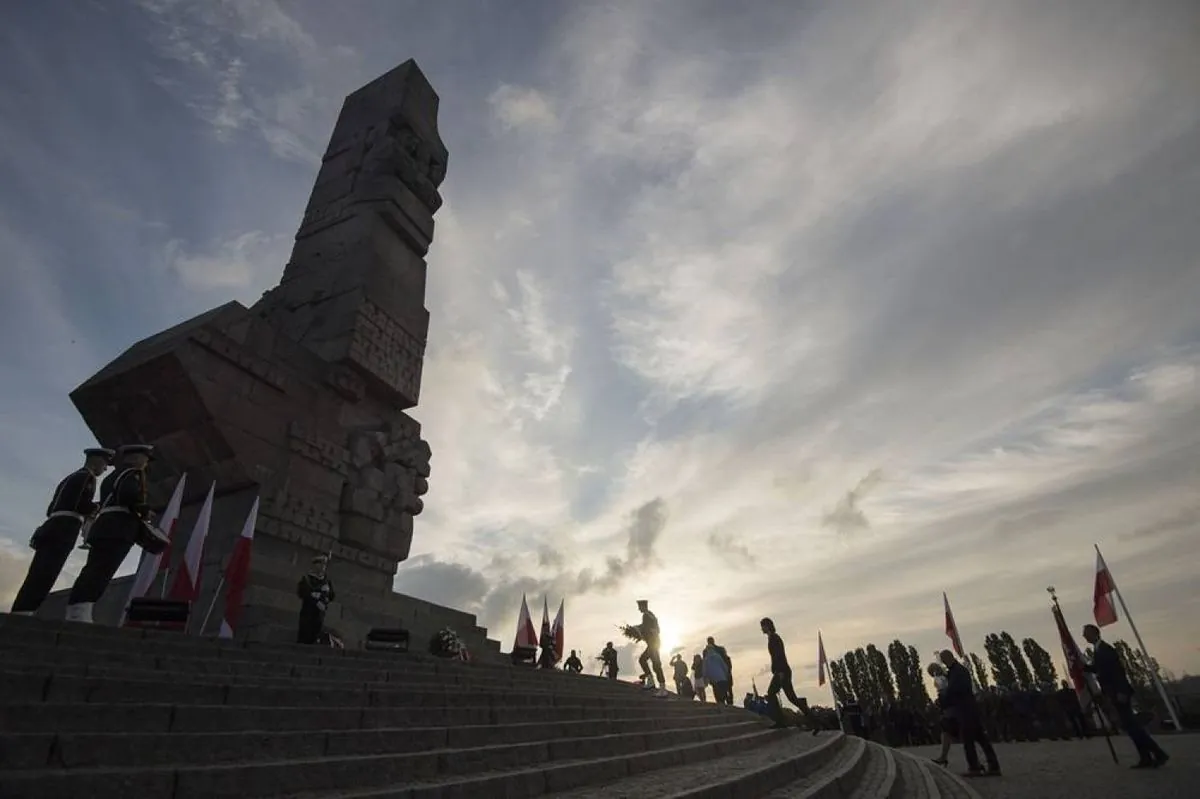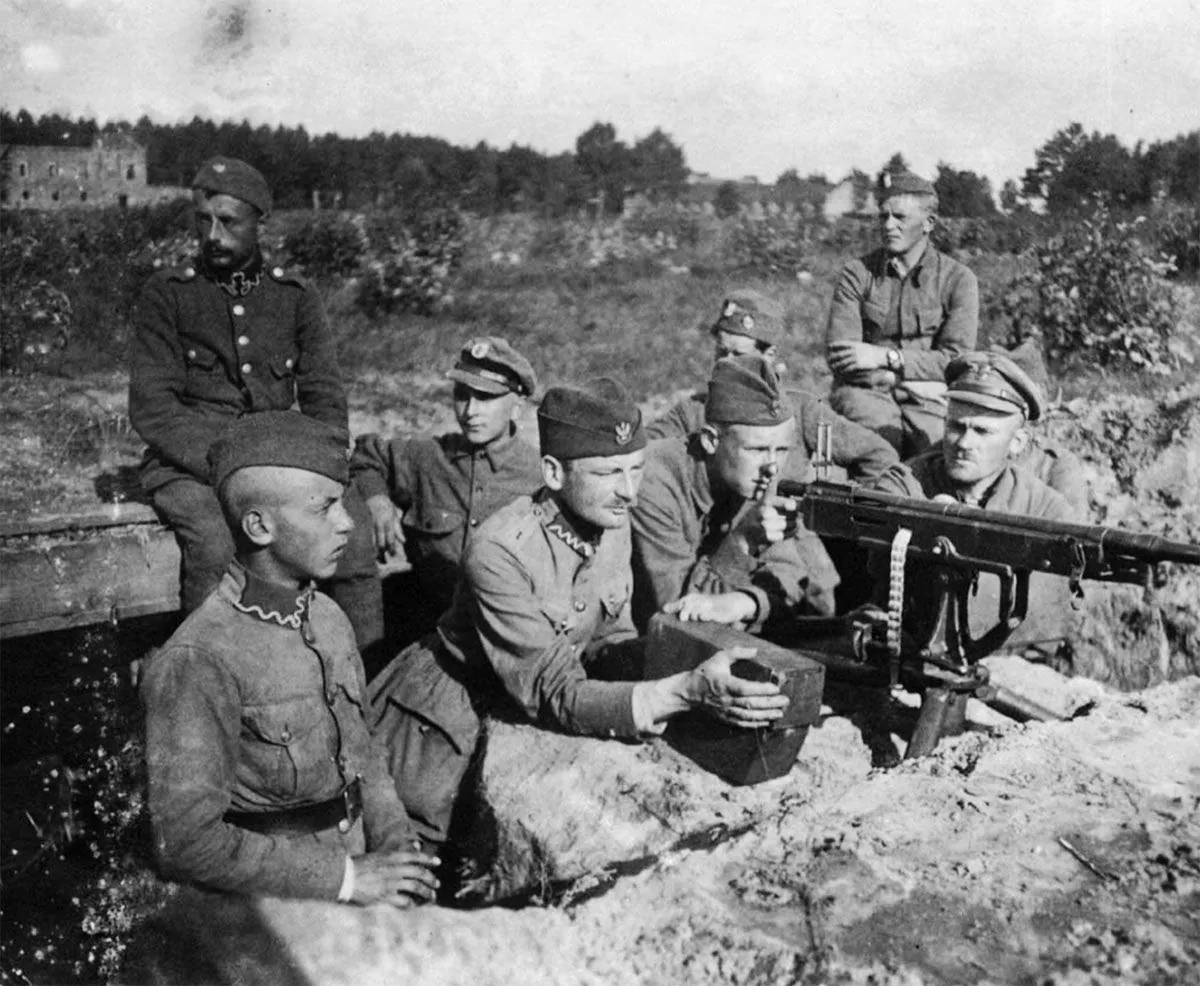Poland Marks 85 Years Since Nazi Invasion, Reflecting on WWII Legacy
Poland commemorates the 85th anniversary of World War II's outbreak with solemn ceremonies. The nation remembers its significant losses and heroic resistance, while addressing ongoing discussions about war reparations with Germany.

On September 1, 2024, Poland observed the 85th anniversary of Nazi Germany's invasion, marking the beginning of World War II. Solemn ceremonies were held across the country, particularly in locations that bore the initial brunt of the attack.
In Wielun, the first civilian town targeted by German bombs, President Andrzej Duda participated in commemorative events. This small town, which saw 75% of its infrastructure destroyed in the early hours of September 1, 1939, stands as a stark reminder of the war's civilian toll.
Simultaneously, on the Westerplatte peninsula by the Baltic Sea, Prime Minister Donald Tusk and Defense Minister Wladyslaw Kosiniak-Kamysz paid homage at a monument dedicated to the Polish defenders. This site, where a military outpost resisted German forces for seven days despite being vastly outnumbered, has become a symbol of Polish resilience and patriotism.

The invasion of Poland, codenamed "Fall Weiss" (Case White) by Nazi Germany, marked the beginning of a conflict that would become the deadliest in human history. Poland's strategic position made it a primary target, with the country also facing invasion from the Soviet Union on September 17, 1939, as part of the Molotov-Ribbentrop Pact.
During the 2,073 days of German occupation, Poland endured immense losses. Approximately 6 million Polish citizens, including 3 million Jews, perished, representing one-sixth of the pre-war population. The country also suffered the highest percentage loss of national assets among European nations, with 38% of its resources destroyed or looted.
Despite the overwhelming odds, Poland demonstrated remarkable resistance. It was the only occupied country without a collaborationist government, and its resistance movement was among the largest in Europe. Polish cryptologists had even played a crucial role in breaking the German Enigma code before the war, contributing significantly to Allied intelligence efforts.
The war's aftermath reshaped Poland's borders and political landscape. The country's territories shifted westward, losing land to the Soviet Union while gaining former German areas. Post-war Poland fell under communist rule and Soviet influence until 1989.
As Poland reflects on its wartime history, discussions about war reparations from Germany continue. While previous administrations demanded substantial compensation, the current government under Prime Minister Tusk has adopted a more moderate approach, seeking forms of restitution that could strengthen Polish-German relations.
This anniversary serves not only as a remembrance of Poland's sacrifices but also as a reminder of the enduring impact of World War II on European history and international relations.
"The commemoration of September 1, 1939, is not just about remembering our losses, but also about honoring the incredible resilience and spirit of the Polish people in the face of unimaginable adversity."


































